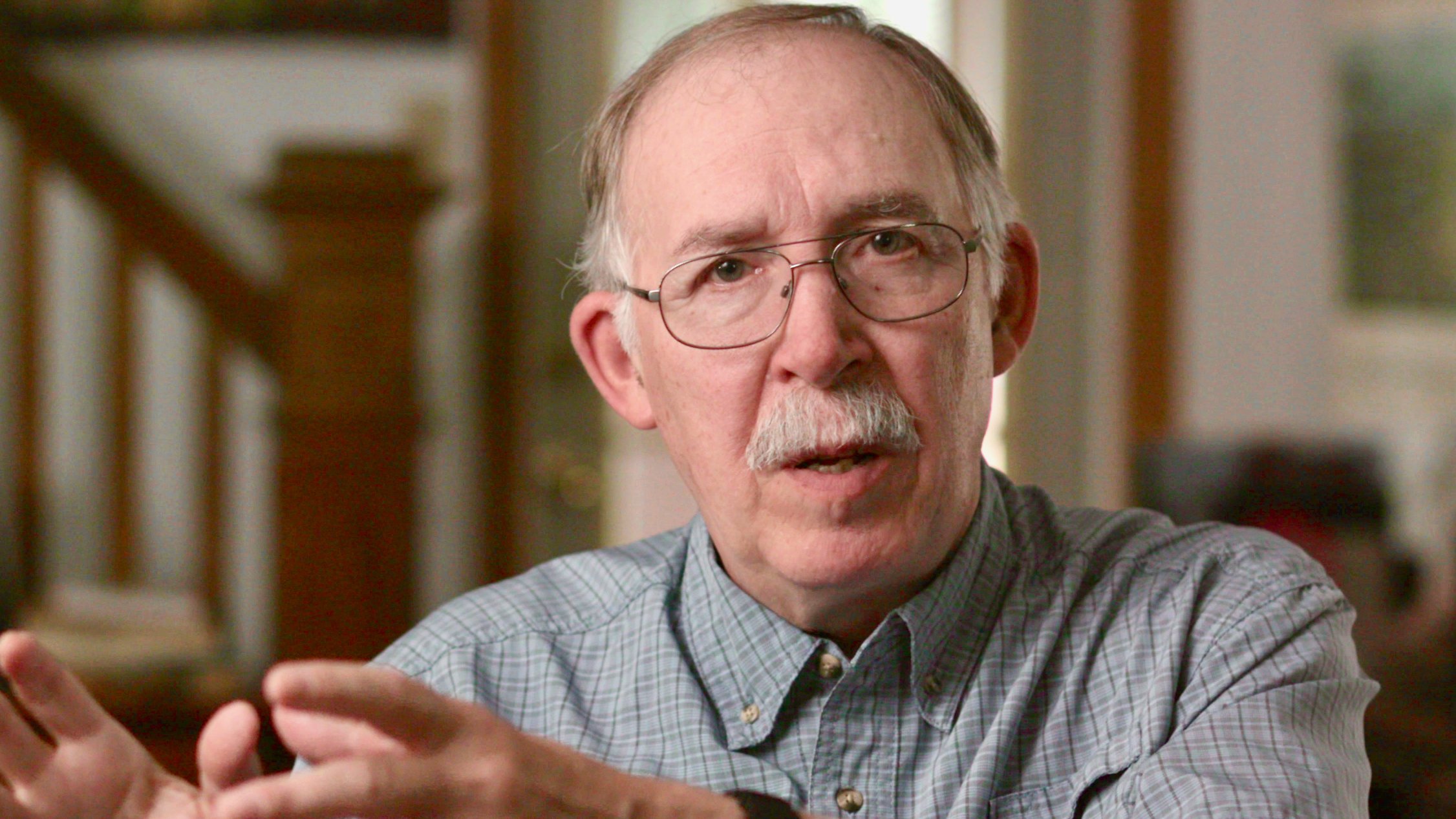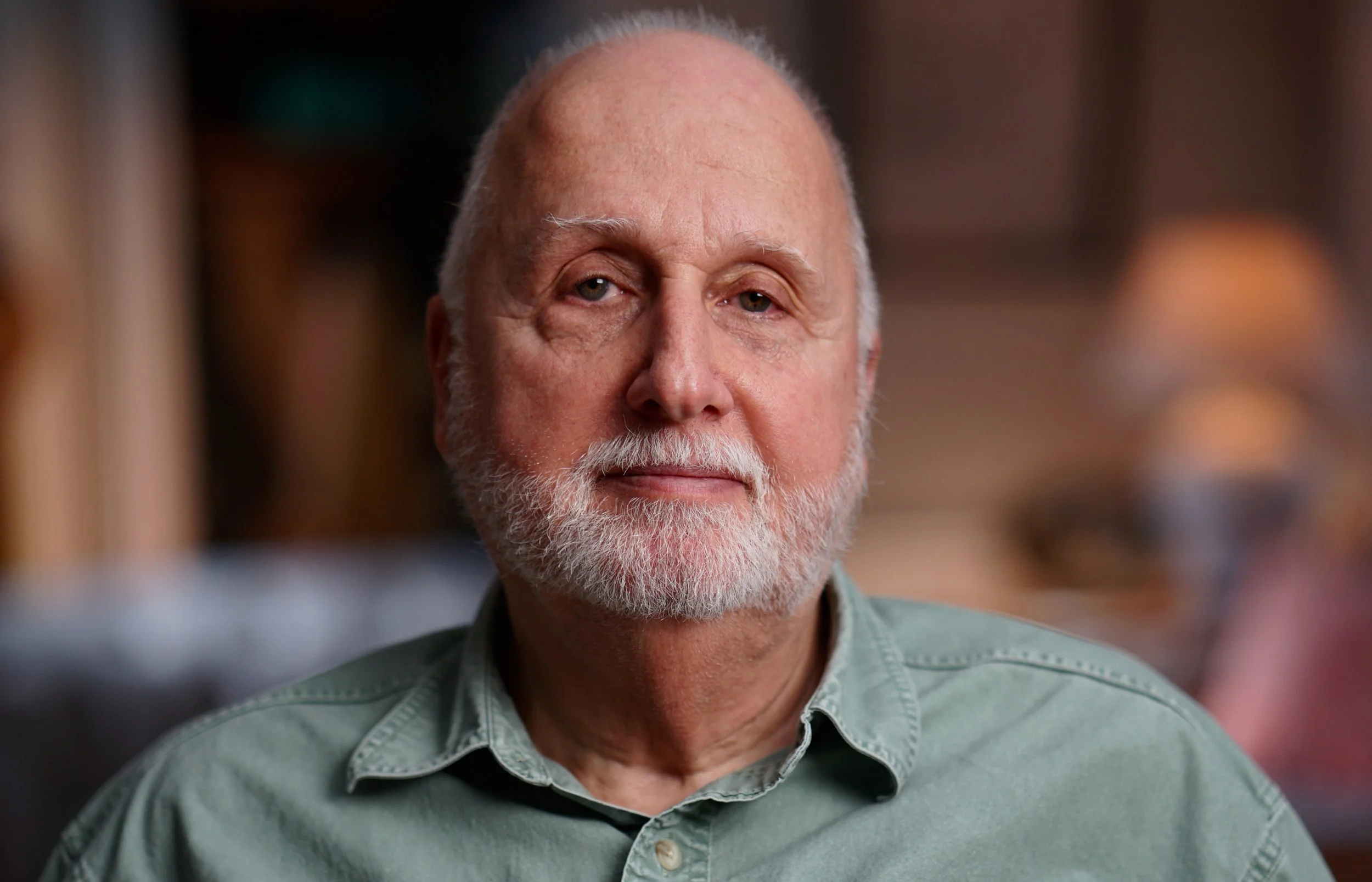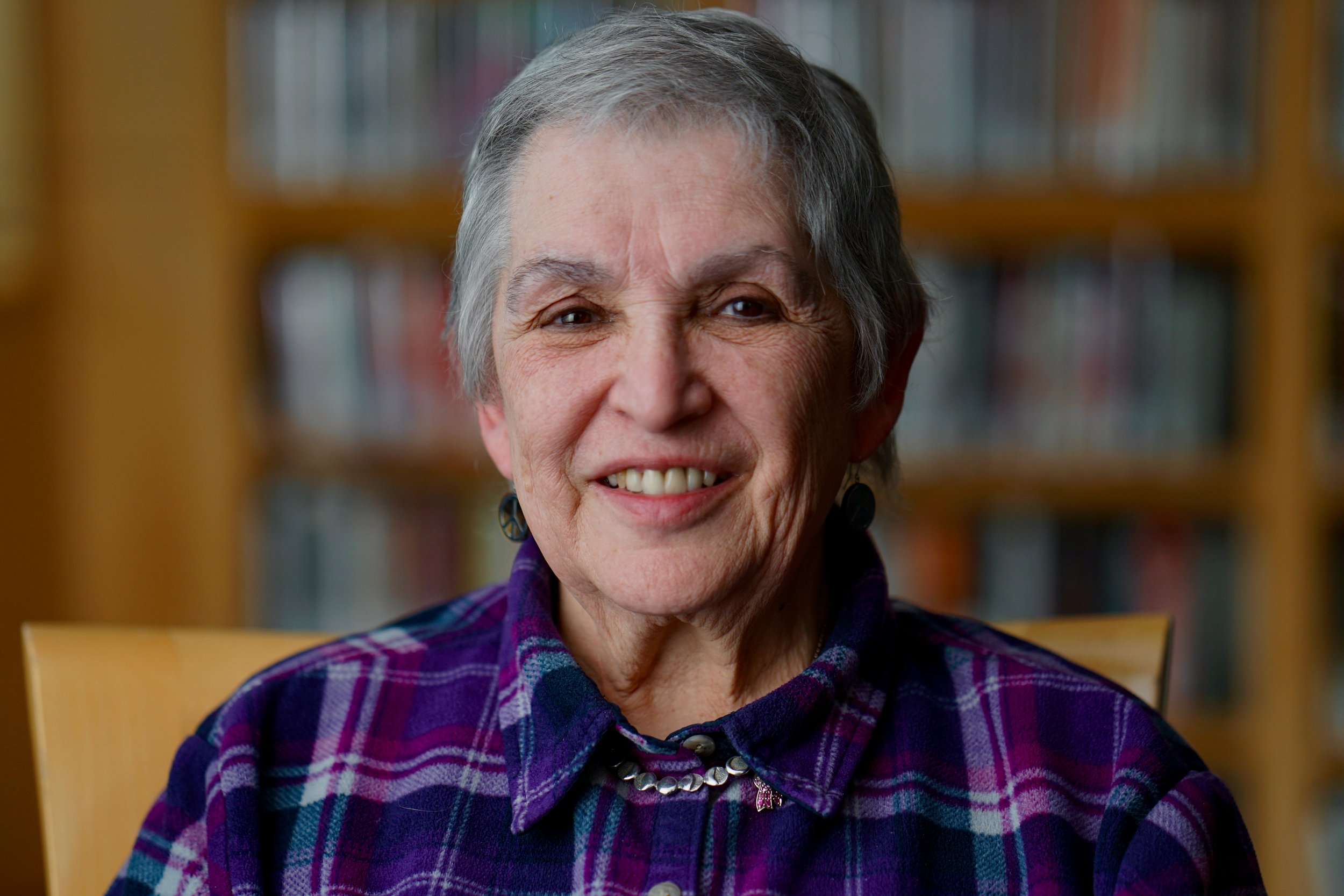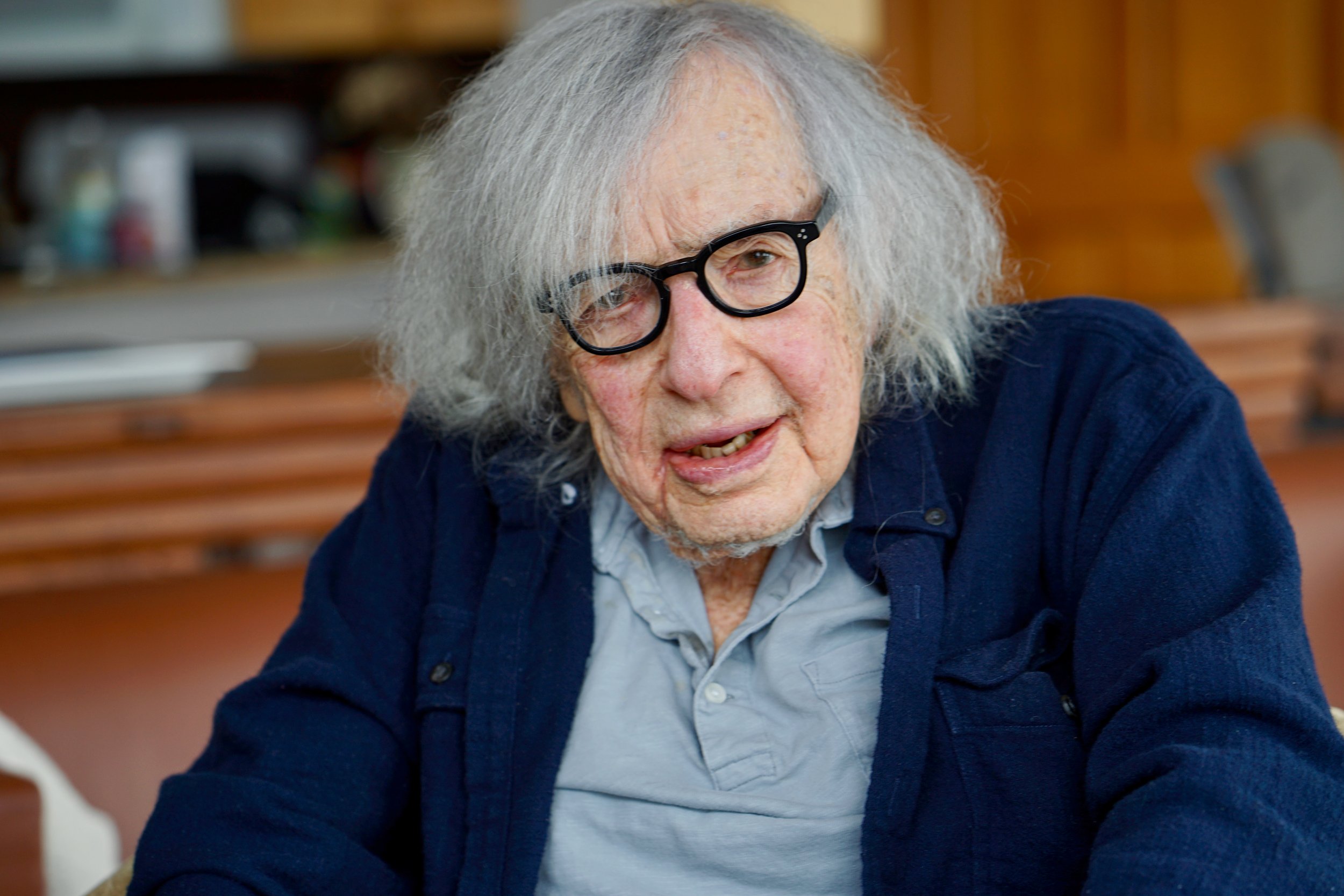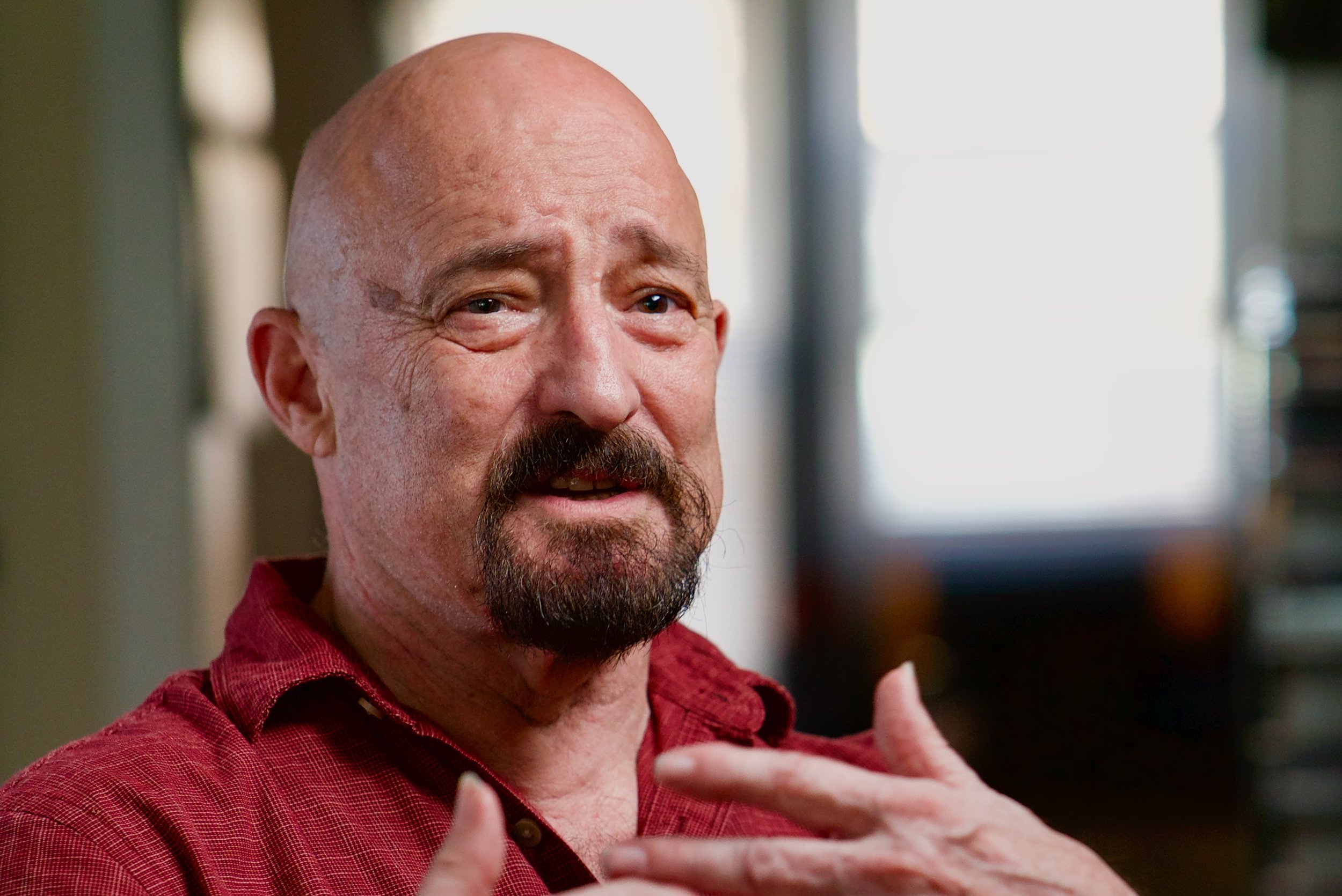Christian Appy, Professor of History at the University of Massachusetts, is one of America’s leading historians of the Vietnam War. He is the author of Working Class War; Patriots: The Vietnam War Remembered From All Sides; and American Reckoning: The Vietnam War and Our National Identity.
Jan Barry, a U.S. Army veteran who served in Vietnam during 1962 and 1963, was one of the founders of Vietnam Veterans Against the War. He worked for years to build the organization and saw it grow to include some 25,000 Vietnam veterans. Jan is the author of several volumes of poetry and for years has led writing workshops with veterans of America’s more recent wars.
Camillo Mac Bica, who served as a Marine lieutenant in Vietnam, is a professor of philosophy at the School of Visual Arts in New York City. His work focuses on war, morality, and healing. Mac emphasizes the importance of moral injury—the psychological damage done to soldiers during wartime when they find themselves violating their own moral code.
Tim Butz served in the Air Force at Tan Son Nhut Air Base in Vietnam. In 1970, after four students were shot to death by National Guard troops at Kent State University in Ohio, where Tim was a student, he joined VVAW. He became one of its key organizers. Today, he counsels veterans from all U.S. wars for the Disabled Veterans of America.
Scott Camil was a Marine sergeant who served for 20 months in Vietnam. After turning against the war he became an effective VVAW organizer in Florida. Based on the testimony of FBI informers, the U.S. government prosecuted Scott and 7 others on trumped up charges of plotting violence. It took a jury less than 4 hours to acquit them on all charges.
Ken Campbell was a Marine forward observer who called in artillery strikes in Vietnam. After turning against the war, he helped to organize investigations into U.S. war crimes, including VVAW’s Winter Soldier Investigation. Ken became a historian and author who has taught and written about the Vietnam War.
Former Army lieutenant Joan Furey served as an ICU nurse at the 71st Evacuation Hospital in Pleiku. Day after day she witnessed the horrific toll the war was taking on both Americans and Vietnamese. After the war, she worked to win recognition for women veterans and develop treatments for those who had been psychologically injured by the war.
On April 15, 1967, just before a big antiwar demonstration, a New York City nurse and antiwar activist named Ann Hirschman had a chance encounter with some of the young Vietnam veterans who would soon form VVAW. She has been an active member of the group ever since and today serves on its Board.
Andrew Hunt is Professor of History at the University of Waterloo in Ontario, Canada. He is the author of The Turning, the first comprehensive historical study of VVAW. Andrew’s other books include We Begin Bombing in Five Minutes: Cold War Culture Wars in the Age of Reagan; and David Dellinger: The Life and Times of a Nonviolent Revolutionary.
In 1970, psychiatrist Robert Jay Lifton was invited by VVAW to take part in its groundbreaking “rap groups”: discussion groups led by the veterans themselves in which they talked openly about the psychological problems they were struggling with as a result of the war. Working closely with the veterans, Lifton fought for the official recognition of PTSD: post-traumatic stress disorder.
Jack Mallory was an Army captain in Vietnam. A counterinsurgency specialist, he was tasked with building support for the U.S. war effort among Vietnamese civilians. He was one of the key organizers of VVAW’s biggest public event: the week of demonstrations in Washington that culminated with 800 Vietnam veterans throwing their medals onto the Capitol steps.
In 1971, John O’Connor was a respected organizer for the Washington, D.C. chapter of VVAW. But his VVAW friends—including Tim Butz and Jack Mallory—had no idea he was also an undercover policeman. To his surprise, John came to admire the veterans he was spying on. Even after his identity was revealed they remained good friends.
Barry Romo is a Mexican American who served for 10 months as an Army infantry lieutenant in Vietnam. A winner of the Bronze Star, he became a national coordinator of VVAW, and was one of the leaders of its protests against Richard Nixon at the 1972 Republican convention in Miami Beach.
Nolan Stephens served in Vietnam as an Army medic. He testified at two of VVAW’s public hearings in which veterans gave eyewitness accounts of the abuse and murder of civilians. Nolan also spoke out about the ways that racism shaped the military’s treatment of both its Black soldiers and the Vietnamese. Today, he works as a chiropractor in Georgia.
Henry Velez grew up in a working class Puerto Rican family in New York City. He was drafted into the army and sent to fight in Vietnam. He soon recognized that the war was not only futile but morally wrong. He joined VVAW in 1970. Henry went on to medical school and today is a practicing pulmonologist in New Jersey.


